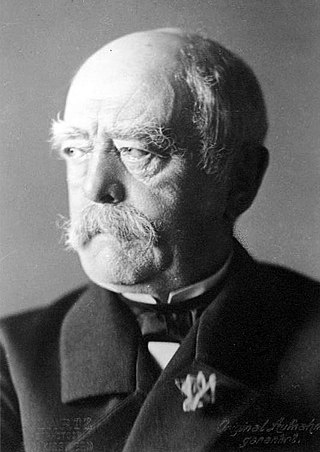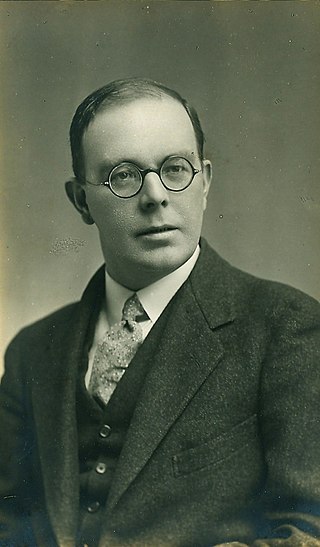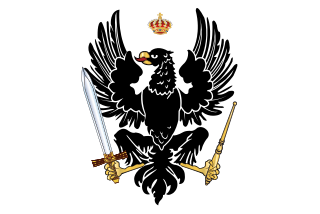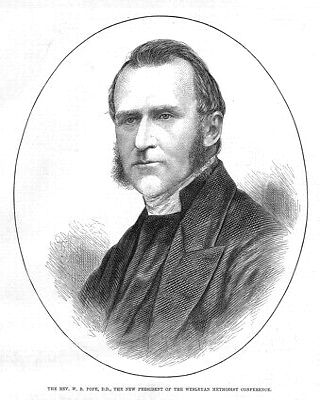
Burton Stephen Lancaster was an American actor and producer. Initially known for playing tough guys with a tender heart, he went on to achieve success with more complex, and challenging roles over a 45-year career in films and television series. He was a four-time nominee for the Academy Award for Best Actor, and he also won two BAFTA Awards and one Golden Globe Award for Best Lead Actor. The American Film Institute ranks Lancaster as #19 of the greatest male stars of classic Hollywood cinema.

Frederick William was Elector of Brandenburg and Duke of Prussia, thus ruler of Brandenburg-Prussia, from 1640 until his death in 1688. A member of the House of Hohenzollern, he is popularly known as "the Great Elector" because of his military and political achievements. Frederick William was a staunch pillar of the Calvinist faith, associated with the rising commercial class. He saw the importance of trade and promoted it vigorously. His shrewd domestic reforms gave Prussia a strong position in the post-Westphalian political order of Northern-Central Europe, setting Prussia up for elevation from duchy to kingdom, achieved under his son and successor.

Otto, Prince of Bismarck, Count of Bismarck-Schönhausen, Duke of Lauenburg, born Otto Eduard Leopold von Bismarck, was a Prussian and later German statesman and diplomat.

The Partitions of Poland were three partitions of the Polish–Lithuanian Commonwealth that took place toward the end of the 18th century and ended the existence of the state, resulting in the elimination of sovereign Poland and Lithuania for 123 years. The partitions were conducted by the Habsburg monarchy, the Kingdom of Prussia, and the Russian Empire, which divided up the Commonwealth lands among themselves progressively in the process of territorial seizures and annexations.

Charles-Maurice de Talleyrand-Périgord, 1st Prince of Benevento, then Prince of Talleyrand, was a French secularized clergyman, statesman and leading diplomat. After studying theology, he became Agent-General of the Clergy in 1780. In 1789, just before the French Revolution, he became Bishop of Autun. He worked at the highest levels of successive French governments, most commonly as foreign minister or in some other diplomatic capacity. His career spanned the regimes of Louis XVI, the years of the French Revolution, Napoleon, Louis XVIII, and Louis Philippe I. Those Talleyrand served often distrusted him but, like Napoleon, found him extremely useful. The name "Talleyrand" has become a byword for crafty, cynical diplomacy.

Frederick II was King in Prussia from 1740 until 1772, and King of Prussia from 1772 until his death in 1786. His most significant accomplishments include his military successes in the Silesian wars, his reorganisation of the Prussian Army, the First Partition of Poland, and his patronage of the arts and the Enlightenment. Frederick was the last Hohenzollern monarch titled King in Prussia, declaring himself King of Prussia after annexing Royal Prussia from the Polish–Lithuanian Commonwealth in 1772. Prussia greatly increased its territories and became a major military power in Europe under his rule. He became known as Frederick the Great and was nicknamed "Old Fritz".

Sir Cyril Lodowic Burt, FBA was an English educational psychologist and geneticist who also made contributions to statistics. He is known for his studies on the heritability of IQ. Shortly after he died, his studies of inheritance of intelligence were discredited after evidence emerged indicating he had falsified research data, inventing correlations in separated twins which did not exist, alongside other fabrications.

Burton Leon Reynolds Jr. was an American actor, considered a sex symbol and icon of 1970s American popular culture.

Burt Freeman Bacharach was an American composer, songwriter, record producer, and pianist who is widely regarded as one of the most important and influential figures of 20th-century popular music. Starting in the 1950s, he composed hundreds of pop songs, many in collaboration with lyricist Hal David. Bacharach's music is characterized by unusual chord progressions and time signature changes, influenced by his background in jazz, and uncommon selections of instruments for small orchestras. He arranged, conducted, and produced much of his recorded output.

Frederick William III was King of Prussia from 16 November 1797 until his death in 1840. He was concurrently Elector of Brandenburg in the Holy Roman Empire until 6 August 1806, when the Empire was dissolved.

Prussia was a German state located on most of the North European Plain, also occupying southern and eastern regions. It formed the German Empire when it united the German states in 1871. It was de facto dissolved by an emergency decree transferring powers of the Prussian government to German Chancellor Franz von Papen in 1932 and de jure by an Allied decree in 1947. For centuries, the House of Hohenzollern ruled Prussia, expanding its size with the Prussian Army. Prussia, with its capital at Königsberg and then, when it became the Kingdom of Prussia in 1701, Berlin, decisively shaped the history of Germany.

Gerald Tommaso DeLouise, known professionally as Burt Young, is an American actor, author, and painter. He played Rocky Balboa's brother-in-law and best friend Paulie Pennino in the Rocky film series, his performance in the first installment of which earned him a nomination for the Academy Award for Best Supporting Actor.

Lilli Palmer was a German actress and writer. After beginning her career in British films in the 1930s, she would later transition to major Hollywood productions, earning a Golden Globe Award nomination for her performance in But Not for Me (1959).

William Burt Pope was an English Wesleyan Methodist minister and theologian, who was president of the Methodist Conference.

William Austin Burt was an American inventor, legislator, surveyor, and millwright.

Hechtia is a genus of plants in the family Bromeliaceae, and is the sole genus of the subfamily Hechtioideae, containing 75 species. Its species are native to Mexico, Central America, and Texas.

Mowlem was one of the largest construction and civil engineering companies in the United Kingdom. Carillion bought the firm in 2006.

"The Look of Love" is a popular song composed by Burt Bacharach and Hal David and originally popularized by English pop singer Dusty Springfield. The song is notable for its sensuality and its relaxed bossa nova rhythm. The song was featured in the 1967 spoof James Bond film Casino Royale. In 2008, the song was inducted into the Grammy Hall of Fame. It also received a Best Song nomination at the 1968 Academy Awards. The song partially inspired the film Austin Powers: International Man of Mystery (1997).

The Russian invasion of East Prussia occurred during World War I, lasting from August to September 1914. As well as being the natural course for the Russian Empire to take upon the declaration of war on the German Empire, it was also an attempt to focus the Imperial German Army on the Eastern Front, as opposed to the Western Front. Despite having an overwhelming superiority over the Germans in numbers, the invading Imperial Russian Army spread its forces thin and was defeated in the battles of Tannenberg and the Masurian Lakes, resulting in a complete strategic collapse of the Russian invasion.

The Seven Years' War (1756–1763) was a global conflict that involved most of the European great powers, and was fought primarily in Europe, the Americas, and Asia-Pacific. Other concurrent conflicts include the French and Indian War (1754–1763), the Carnatic Wars (1744–1763), and the Anglo-Spanish War (1762–1763). The opposing alliances were led by Great Britain and France respectively, both seeking to establish global pre-eminence at the expense of the other. Along with Spain, France fought Britain both in Europe and overseas with land-based armies and naval forces, while Britain's ally Prussia sought territorial expansion in Europe and consolidation of its power. Long-standing colonial rivalries pitted Britain against France and Spain in North America and the West Indies. They fought on a grand scale with consequential results. Prussia sought greater influence in the German states, while Austria wanted to regain Silesia, captured by Prussia in the previous war, and to contain Prussian influence.




















